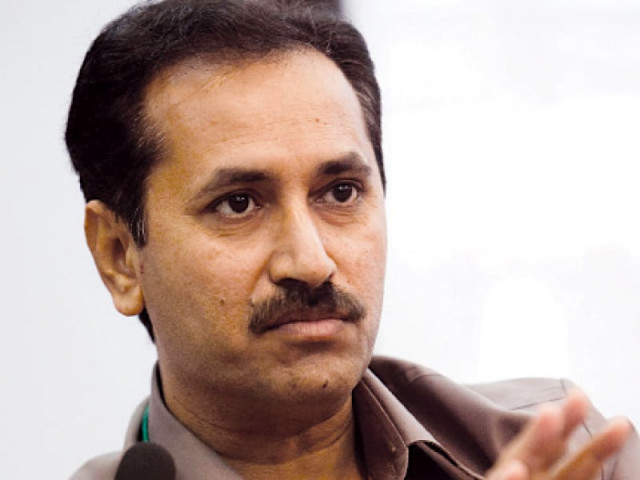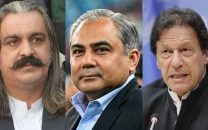Urdu still under the influence of colonialism
New book contends colonialism did more harm than good to the language and culture.

New book contends colonialism did more harm than good to the language and culture.
In an interview with David Barsamian, later published in the book “Confronting Empire” (South End Press, 2000), the great Pakistani intellectual, writer and anti-war activist Eqbal Ahmad had suggested that Pakistan never got rid of colonialism because the country’s triangle of power — the army, the bureaucracy and the feudal landlords — has remained under British influence and Pakistan’s economy is still tied to the industrialised countries.
“Pakistan never became a decolonised country. Never,” Ahmad had told Barsamian in a clear and authoritative tone.
Writer and critic Nasir Abbas Nayyar had similar views on Wednesday at the Islamabad Literature Festival.
“Our postcolonial reality is that all the institutions the British used to control India exist to this day,” Nayyar said, referring to the judiciary and bureaucracy which are still rooted in British-era policies. “The hegemony of the English language is also still present.”
Nayyar was speaking to The Express Tribune after the launch of his book, “Ma Baad-e-Nau Aabaadiyaat Urdu kay Tanazur Mein” (Post-colonialism from the perspective of Urdu).

In the book, Nayyar, who teaches at the Punjab University’s Urdu department, looked at colonialism’s effect on the subcontinent’s culture, the Urdu language and literature through the lens of Edward Said’s theory of Orientalism.
Nayyar also wrote his own observations about the effects on the local language and culture after the British left.
Colonialism might have had some benefits, but it adversely affected culture by breaking the natural unity of the subcontinent’s inhabitants and starting new discourse, which only spread confusion among the populace, Nayyar said.
“Just look at the rift created by colonialism between Urdu and Hindi, the division between Muslim and Hindu,” he said. “These rifts were so severe, they led to the division of the subcontinent.”
Nayyar’s claims may be considered controversial as there is a significant population of Urdu speakers and Muslims in India, but he is convinced that the concept of nationalism did not exist in India before colonialism. The British introduced it to the people here and divided them on religious and linguistic grounds, he suggested. The effects of colonialism persist on our postcolonial language and literature, Nayyar said.
Nayyar has previously authored 10 books of criticism, mostly on Urdu literature in the light of important philosophical, literary and sociological theories of the 20th century.
Published in The Express Tribune, May 2nd, 2013.



















COMMENTS
Comments are moderated and generally will be posted if they are on-topic and not abusive.
For more information, please see our Comments FAQ